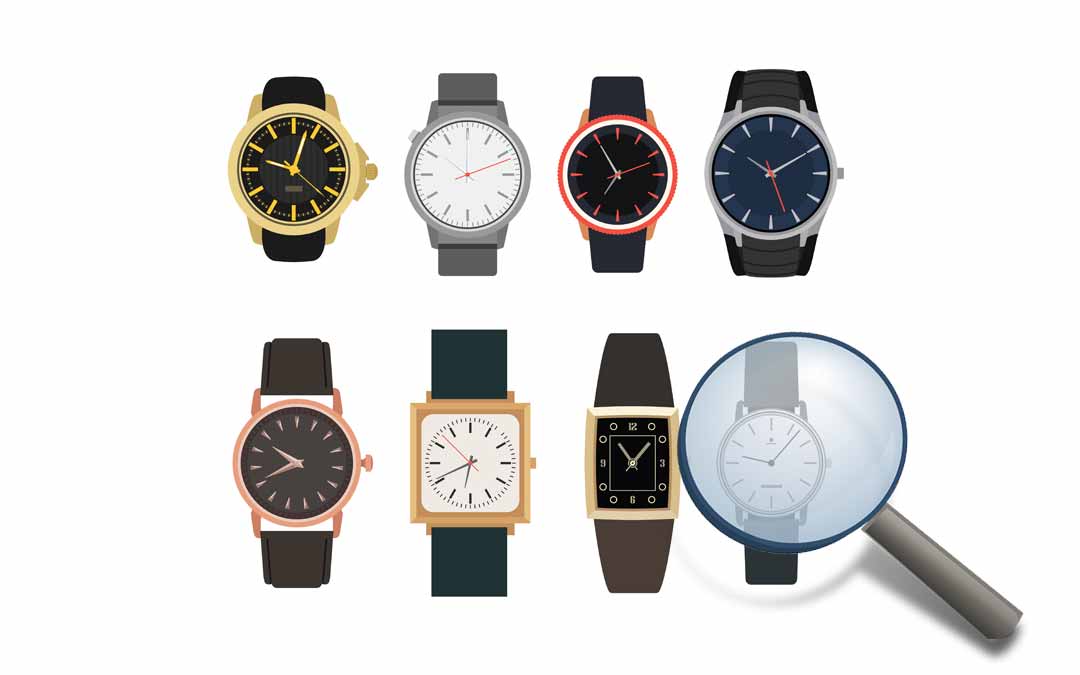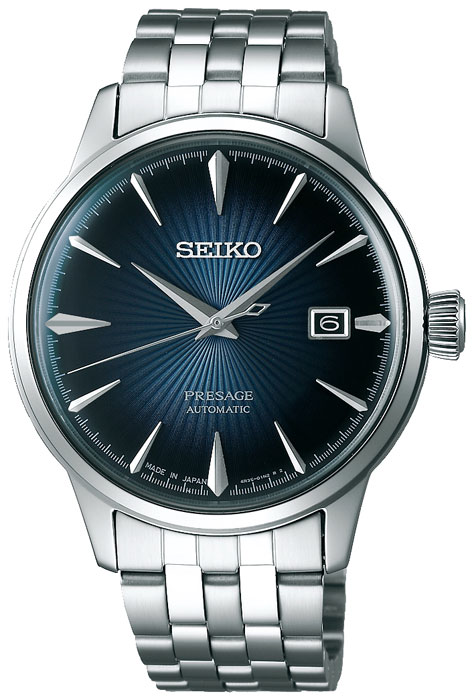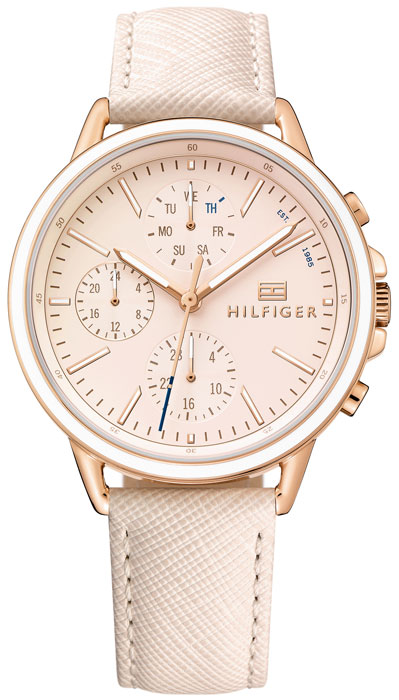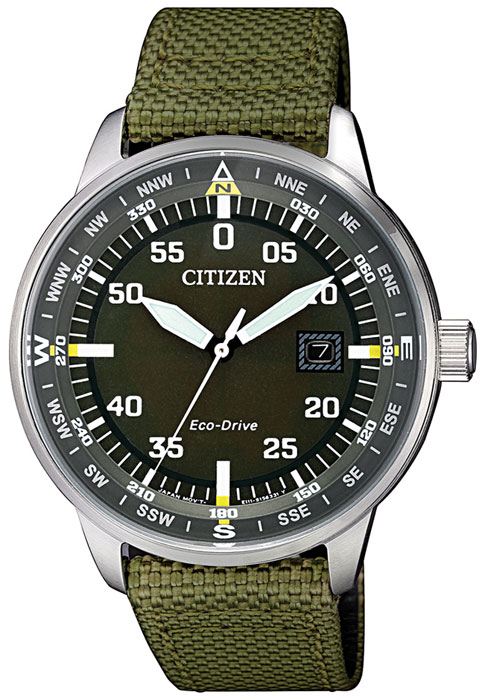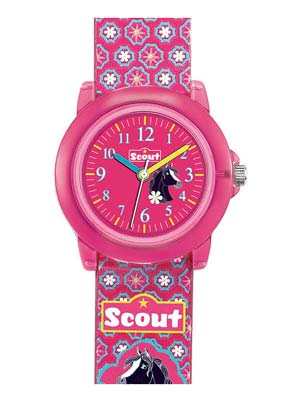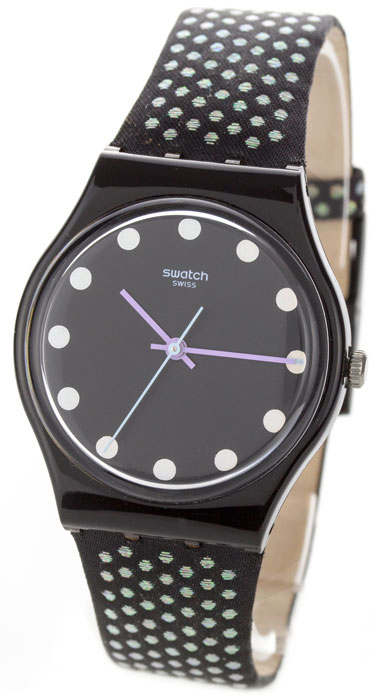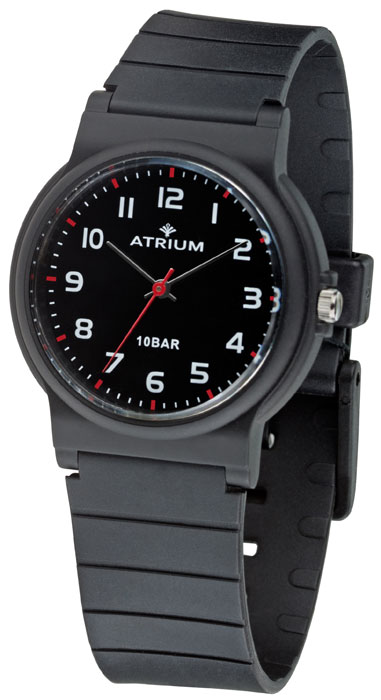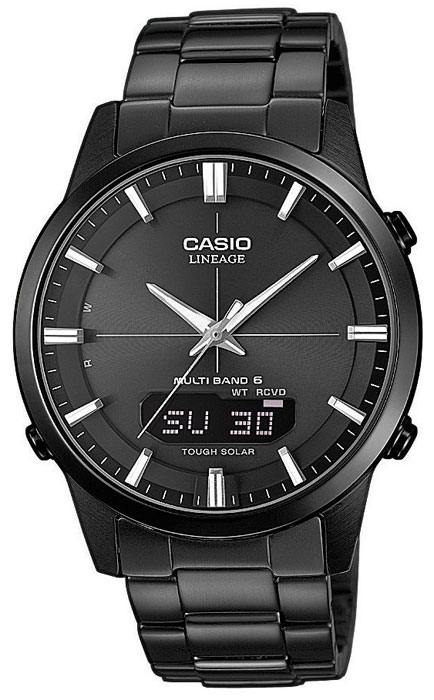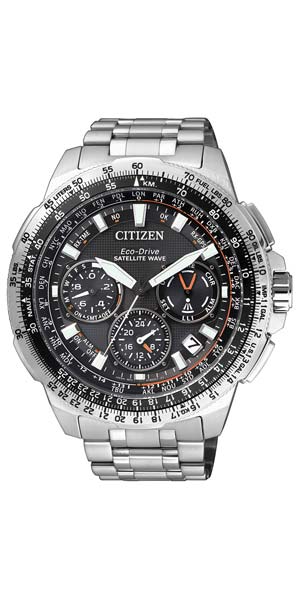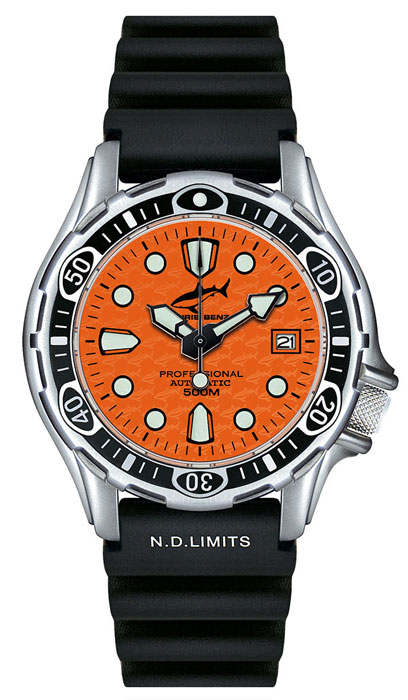Watch glasses are the most important components in the making of a wristwatch. They do not just show the time, but they also protect the watch mechanism from dust, water and other dirt deposits and damages. The three materials are plastic crystal, mineral glass, and sapphire glass.
Mineral glass
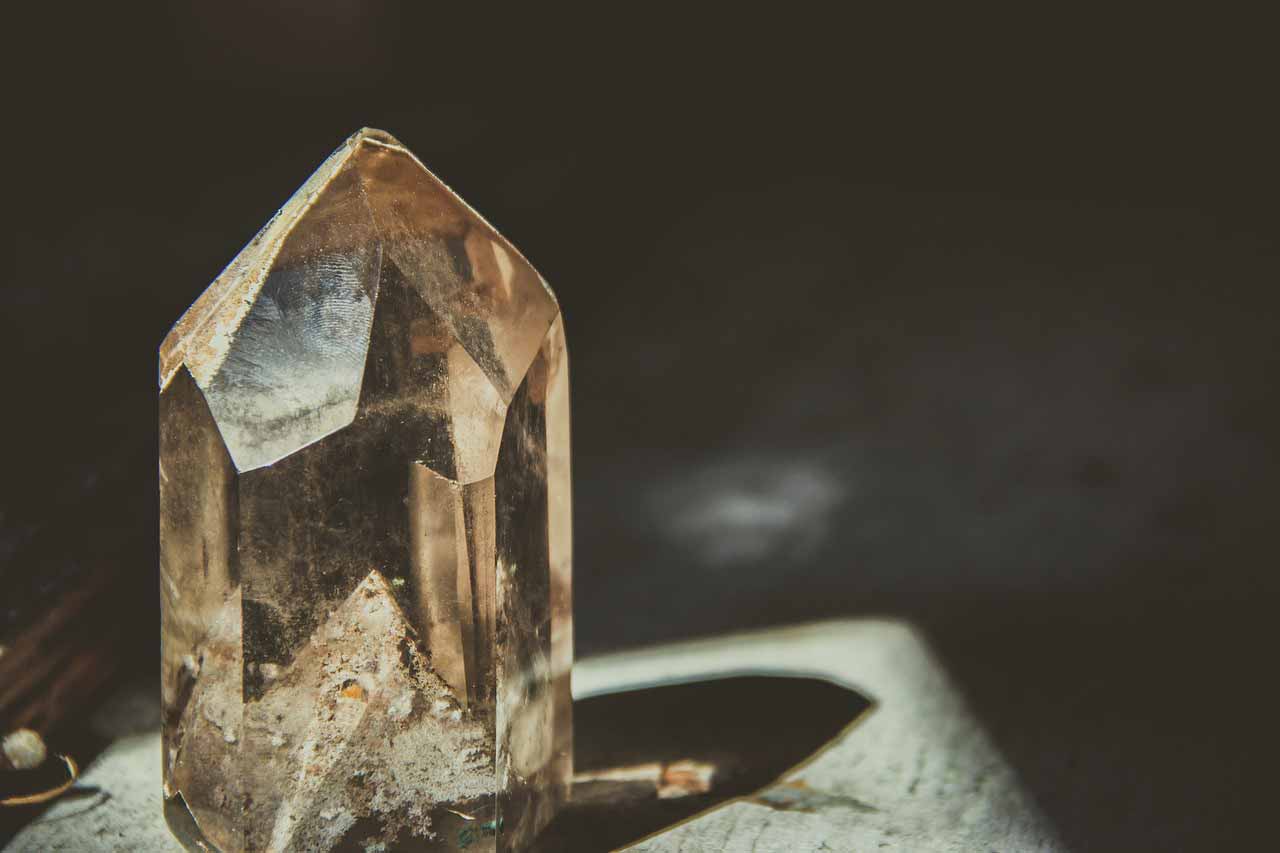
Here, one can distinguish between untreated and hardened mineral glass. Also, clear and smoky quartz are related to the mineral glass. The addition of oxides such as aluminium oxide may have better scratch resistance and hardness for the mineral glass. Nevertheless, this material can also be damaged, and, in the case of scratches, it would not be easy to polish like the plastic glass. It could also break, and even broken pieces of glass could be found inside the watch. Therefore, it is possible to recognize differences in the quality. A good mineral glass is chemically strengthened, making it more impact resistant than simple window glass.
Plastic glass
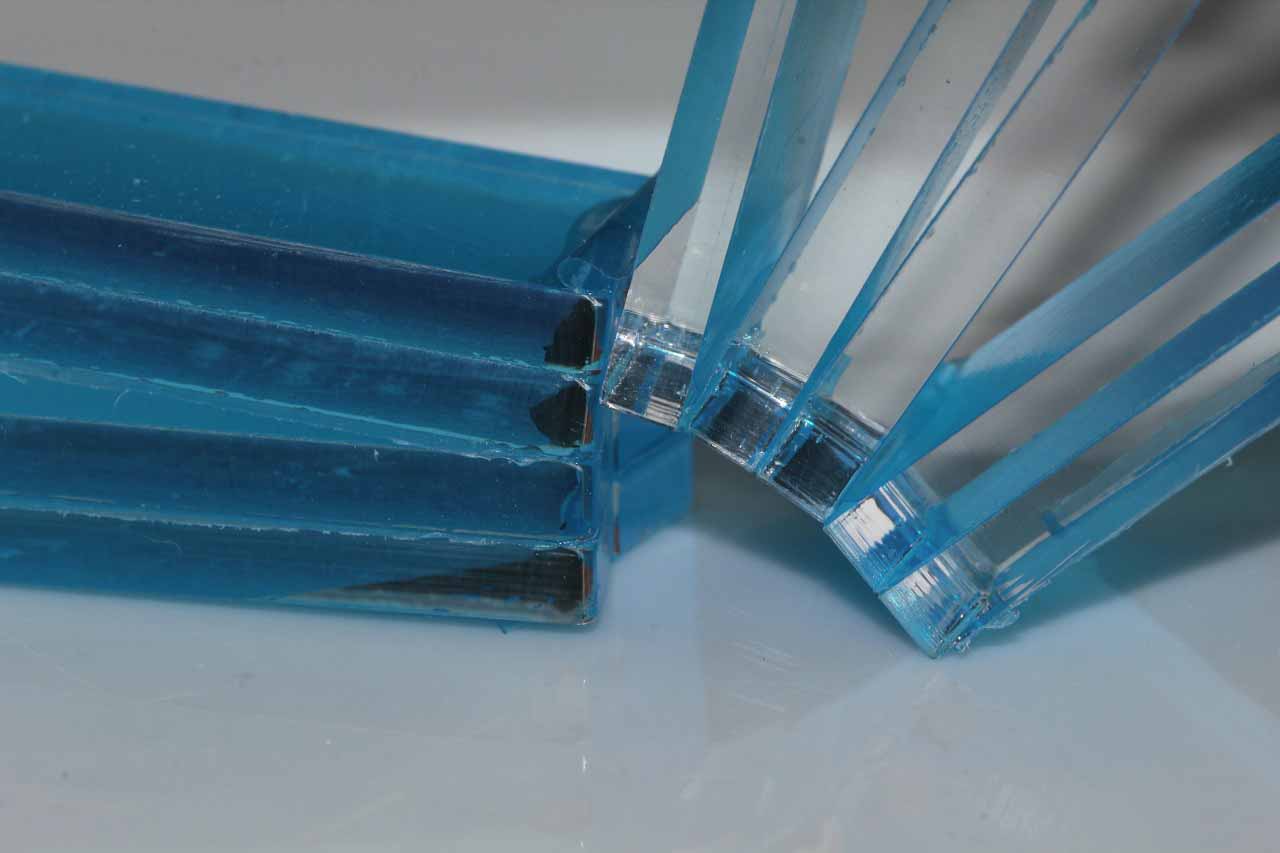
This material consists of a plastic, called polymethyl methacrylate. Better known as Plexiglas, acrylic glass or hesalite glass. This material is very lightweight, relatively impact-resistant, and is easy to polish. A disadvantage, however, is that plastic glasses can be scratched faster, due to low density. However, small scratches can go away by polishing. In addition, the material can turn yellow, due to UV radiation and age. An obvious advantage is, however, that the dial looks particularly clear and natural, thanks to the Plexiglas. This is because no light is reflected, and thus no irritating reflections arise.
Sapphire glass
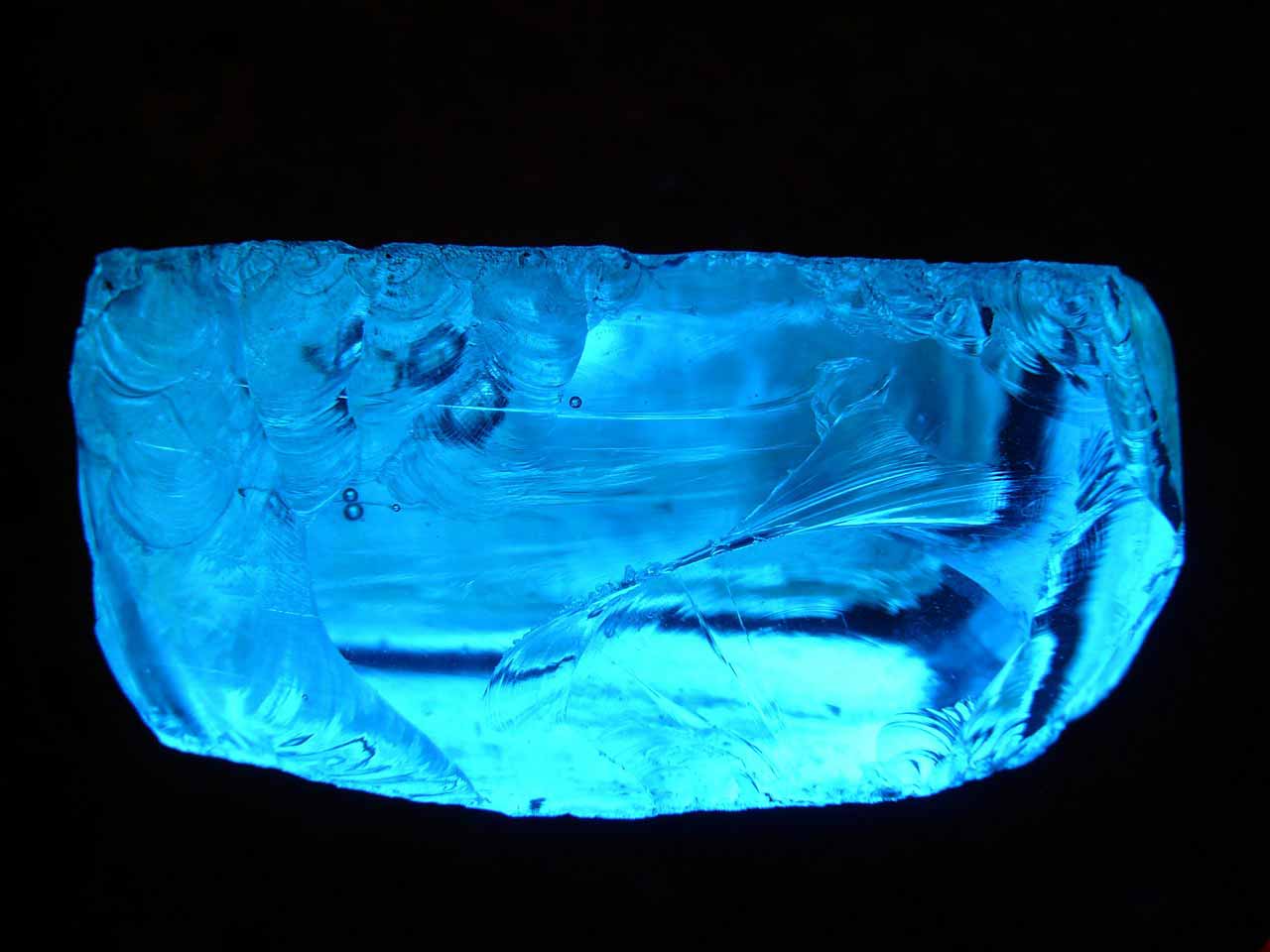
Sapphire glass is not exactly a glass, but a synthetic sapphire. Harder than a sapphire are only diamonds – the hardest material on Earth. It is therefore appreciated especially for its scratch resistance. Therefore, it is often used for diving watches, which are exposed to strong pressure a few meters under water. If you think that your sapphire glass has scratches, they are probably just traces of softer materials that are easy to remove. A disadvantage is, however, that if the glass has not been specially-coated, refraction of light and annoying reflections can occur.

